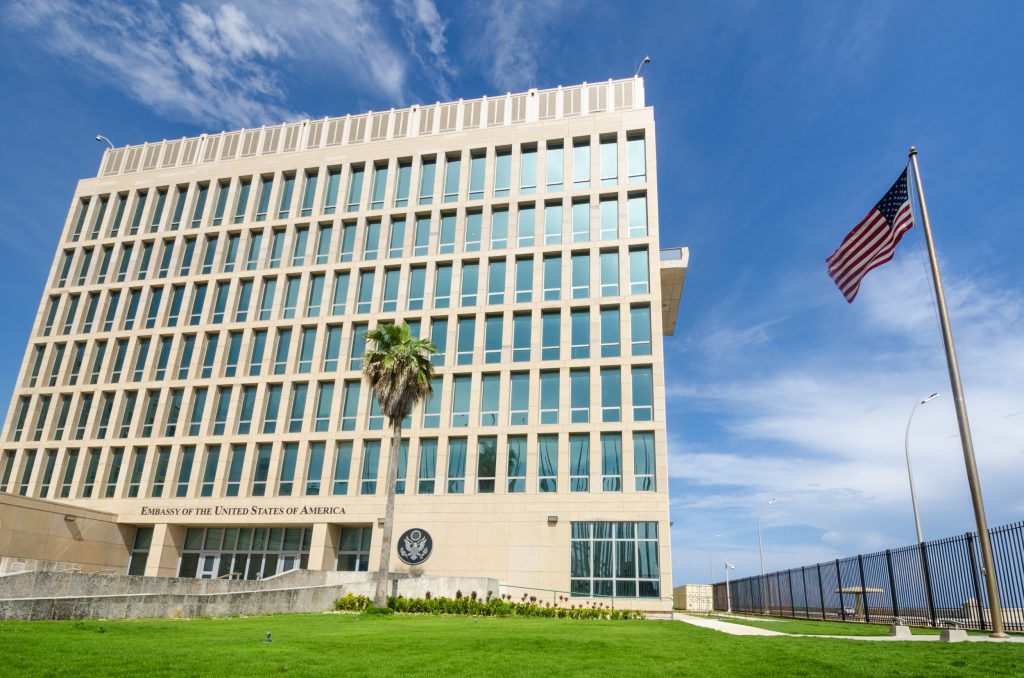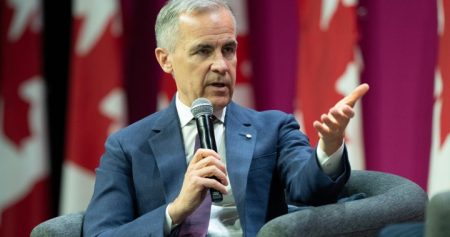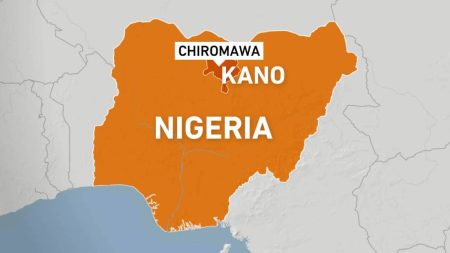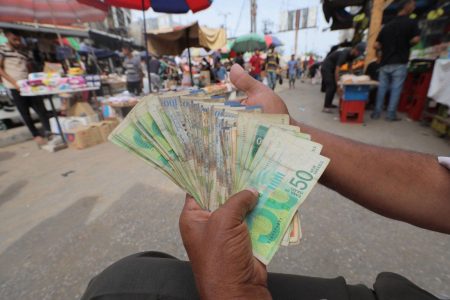The “Havana Syndrome,” a perplexing ailment characterized by a constellation of symptoms including headaches, dizziness, and cognitive impairment, has baffled U.S. intelligence agencies and medical professionals since it first emerged among American diplomats stationed in Cuba in 2016. The syndrome’s enigmatic nature quickly fueled speculation of a targeted attack by a foreign adversary, with Russia frequently cited as a prime suspect due to its history of espionage against the United States. The subsequent emergence of similar cases among U.S. personnel across the globe, totaling nearly 1,500 across 96 countries, further intensified concerns and prompted extensive investigations to ascertain the syndrome’s origin.
A comprehensive intelligence review involving seven U.S. agencies sought to determine whether directed energy weapons or other clandestine technologies wielded by foreign actors were responsible for the debilitating symptoms. The investigation, overseen by the Office of the Director of National Intelligence (ODNI), yielded a complex and somewhat ambiguous conclusion. While five agencies deemed it “very unlikely” that a foreign adversary was behind the Havana Syndrome, two others maintained a “low confidence” possibility that foreign governments might have developed or tested a weapon capable of inducing the reported symptoms. Crucially, none of the agencies could definitively link any specific incident to foreign technology, highlighting the persistent lack of concrete evidence.
The ODNI report indicates that the majority of Havana Syndrome cases can likely be attributed to a combination of environmental factors, pre-existing medical conditions, and unrelated illnesses. This conclusion, while offering some clarity, leaves a core group of roughly two dozen cases unexplained, further deepening the mystery surrounding the phenomenon. Although officials caution against prematurely concluding foreign involvement in these unresolved cases, they acknowledge the limitations of current understanding and the need for continued investigation. The intelligence assessment also revealed evidence of confusion among potential adversarial governments regarding the Havana Syndrome, undermining theories of a coordinated and deliberate attack.
The U.S. government’s response to the Havana Syndrome has been multifaceted, encompassing both investigative and supportive measures. The Biden administration enacted the Helping American Victims Afflicted by Neurological Attacks (HAVANA) Act in 2021, providing compensation to affected individuals and demonstrating a commitment to addressing their health concerns. The State Department, in line with this commitment, disbursed one-time payments ranging from $100,000 to $200,000 to affected employees. However, these efforts have been met with skepticism from some sufferers and their families, who continue to seek definitive answers and accountability.
The release of the intelligence community’s findings has elicited a range of responses from stakeholders. National Security Council spokesperson Sean Savett emphasized the government’s unwavering focus on continuing research, investigating credible incidents, and providing comprehensive care and long-term clinical follow-up for those affected. Conversely, Mark Zaid, a lawyer representing numerous individuals afflicted with the syndrome, expressed concerns about the impact of the inconclusive findings on the morale of victims and criticized the government’s handling of the investigation. Meanwhile, the Kremlin has consistently denied any involvement in the Havana Syndrome, dismissing the accusations as baseless and unfounded.
Moving forward, the U.S. government faces the ongoing challenge of addressing the lingering questions surrounding the Havana Syndrome. Despite the intelligence community’s assessment, the pressure to provide definitive answers and ensure the well-being of affected personnel remains. Continued research and investigation are crucial to unraveling the complexities of this perplexing phenomenon and allaying the concerns of those who have experienced its debilitating effects. The incoming administration will inherit this complex issue and will need to determine how best to allocate resources and prioritize efforts to achieve a deeper understanding of the Havana Syndrome and its implications for national security and the health of American personnel. The search for answers continues, driven by the imperative to protect those who serve the country and to safeguard against potential future threats. The future holds both continued investigation and persistent uncertainty.










